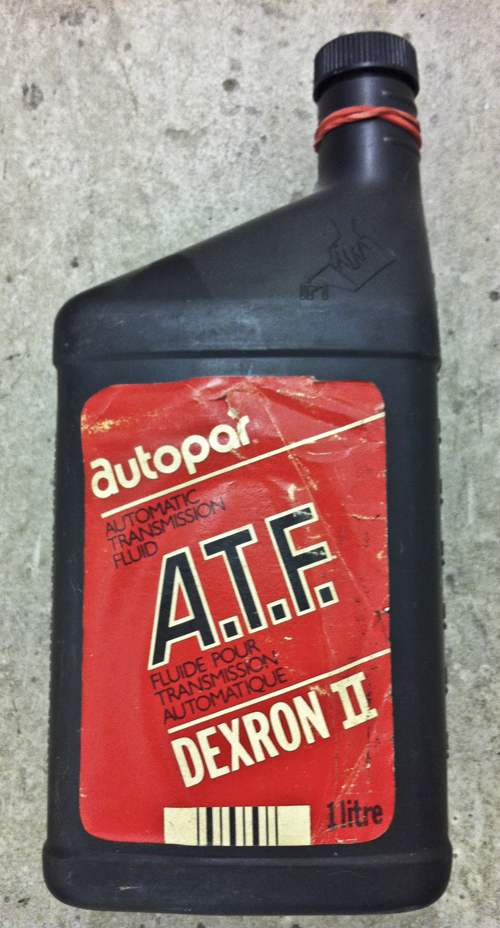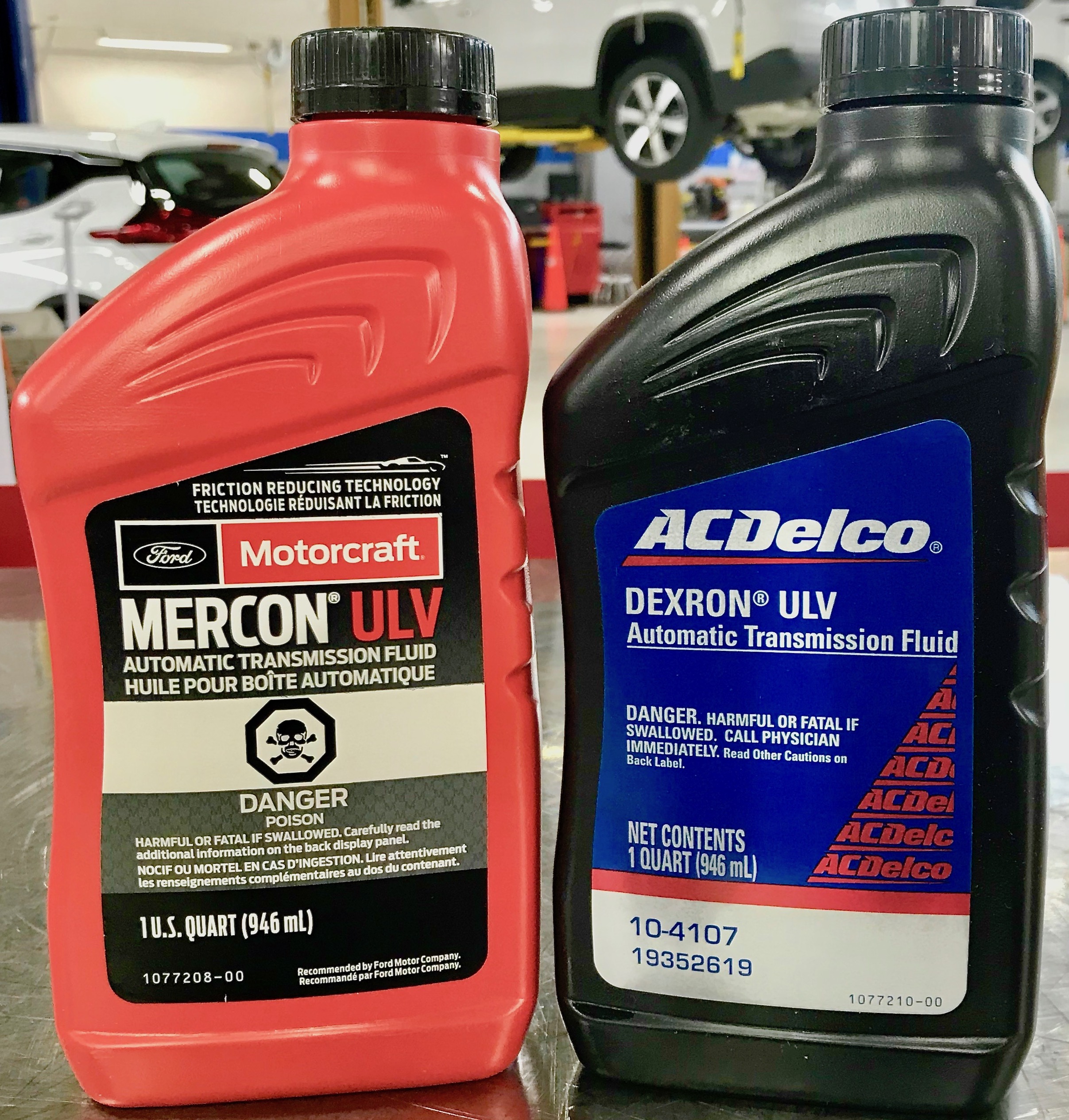Summary
Gearbox oil: the function of gearboxes and axles
The different types of gearbox oil and their advantages
Transmission oil maintenance
Gearbox oil is a lubricant used for all the different components associated with the gearbox and axle – bearings, pinions, gears, shafts, etc., of your car or truck. The oil is what keeps your engine running smoothly. We go into more detail on this subject in this post.
Gearbox oil: the function of gearboxes and axles
The Gearbox allows the vehicle speed to be adapted to the engine speed range.
The axle or differential makes it possible to adapt each driving wheel (in a bend, the inner wheel must turn slower than the outer wheel).
Gearboxes and axles are made up of shafts, pinions, bearings, and other components performing various mechanical work (meshing, rotations, translations, friction, etc.) of different constitutions (various steels, aluminum alloys, bronze, copper, etc.).
For their proper operation, a suitable oil is essential.
The different types of gearbox oil and their advantages
The gearbox oil must have certain qualities :
It must be resistant to shear and pressure (the passage through the gears must not create a break in the oil film).
It must lubricate the various components.
It must be detergent to remove wear particles.
It must adapt to temperature fluctuations to keep its efficiency.
Two families of oil exist:
Oil for mechanical transmissions (manual and robotized gearboxes, differentials). It is a thick oil suitable for gears. It is commonly known as EP 75W/80, EP 80W/90, EP 75W/90, or EP 75W140. Let’s take SAE EP 75W80 GL5 as an example and decipher its name:
SAE (Society of Automotive Engineers) is a standard of American origin classifying oils according to their viscosity index (it does not define the oil’s quality).
Good to know: the viscosity index is the value that measures the flow rate of the fluid. It categorizes a type of oil for a given application: a 5W30 is recommended for an HDI engine, a 75W80 for a kind of Gearbox requiring more fluidity than an 80W90. Under no circumstances does the viscosity index define the quality of the oil.
Note: EP stands for Extreme Pressure.
75W80: when 2 numerical values are displayed, the oil is multigrade, i.e., the viscosity of the oil is measured at 2 grades:
75W: the number followed by W (Winter) indicates the cold viscosity. The smaller the value, the more fluid the oil is when cold.
80: located after W is the hot viscosity. The higher the value, the less fluid the oil is when hot.
GL5 identifies the quality of the oil and its destination. The values range from GL1 to GL5, GL5 being the latest evolution adapted to modern engines’ constraints and requirements.
Precision: Oil for mechanical transmissions is divided into 2 categories, which are mineral oils (extracted directly from petroleum products) and synthetic oils, the most common and the most performing, chemically reconstituted and composed of various additives (for resistance to pressure, detergency, oxidation, etc.).
Their average price per liter is $5. They are available in car stores, car workshops, and specialized websites.
Oil for automatic transmissions (automatic gearboxes)

It is a specific oil, created by General Motors, the ATF Dexron (Automatic Fluid Transmission), particularly adapted to the automatic transmission needs. Indeed:
Its fluidity is essential when cold.
It contains many additives (anti-oxidation, pressure, anti-wear, anti-foaming, etc.).
It is red, and in constant evolution in parallel with new automotive technologies, the different stages are identified by the numbered rank: Dexron I, II … VI (last development dating from 2007).
The oil for mechanical transmission is found in all automotive industry players, at an average price of $10 per liter.
Gearbox oil maintenance
The replacement frequency varies according to the manufacturer (some manufacturers recommend no oil changes during the vehicle’s life). Reasonably, all cars should change the oil every 2 years or every 50,000 km.
Hope the above helps you out, so that’s it for the gearbox oil. Next time the mechanic talks about the gearbox oil, you’ll know what he is talking about.


3 comments
[…] You might also be interested in What is Gearbox Oil? […]
[…] the gearbox is hard and the gears are difficult to shift, the first thing is to check the gearbox oil. This is the first cause of failure. The transmission may have run out of oil and react […]
[…] – Gearbox oil is essential for the operation of this transmission mechanism. […]